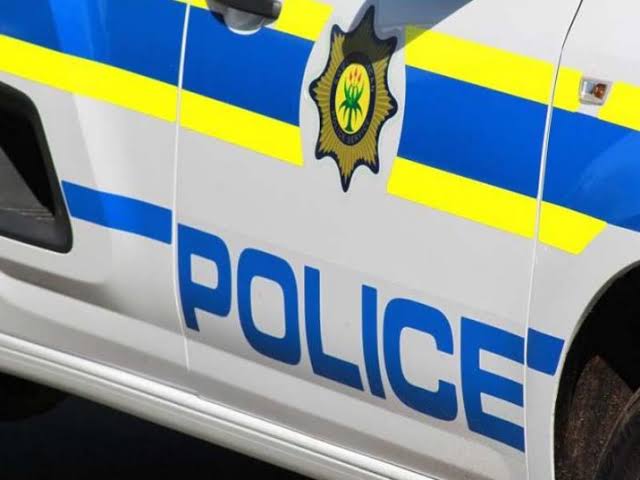News
Thin Blue Line or Political Shield? Experts Warn SA Police Serve ANC Elites, Not the Public

Rising crime, falling arrests, and growing political interference raise red flags over the future of policing in South Africa
South Africa’s police service was once viewed as the front line against criminality, the “thin blue line” standing between chaos and order. Today, that line is looking thinner and more politically compromised than ever.
According to new research by Professor Ivor Chipkin of the University of Pretoria and Jelena Vidojević of the New South Institute, the South African Police Service (SAPS) has drifted far from its mandate of serving and protecting the public. Instead, they argue, it has become a tool for internal factional battles within the African National Congress (ANC).
Policing for the Party, Not the People
“Elite contestation in the ANC is intensifying,” says Chipkin, who warns that police resources have been weaponised to serve the political interests of party insiders. The SAPS, he argues, now functions less as a crime-fighting force and more as a means of protecting powerful individuals and silencing their enemies.
What’s more concerning is that this shift isn’t just theoretical. It has shown up in real-world crime data, hiring trends, and damning allegations of political meddling in police investigations.
Crime Rises, Arrests Fall
As political interference grows, South Africa’s streets are becoming more dangerous. Between 2015 and 2021, the SAPS saw a sharp decline in personnel in its core divisions, such as visible policing, crime intelligence, and detective services. These are the very units tasked with preventing and solving everyday crimes like robbery, assault, and murder.
Yet during the same period, the number of police officers assigned to the protection and security services, essentially bodyguards for politicians, increased sharply.
The consequences are now plain to see: a 24.5% drop in arrests, falling conviction rates, and growing public frustration.
KZN Commissioner’s Explosive Allegations
The crisis hit a boiling point recently when KwaZulu-Natal’s top cop, Lieutenant-General Nhlanhla Mkhwanazi, made shocking claims implicating senior police figures, including Police Minister Senzo Mchunu and Deputy National Commissioner Shadrack Sibiya, in efforts to shut down investigations into political assassinations in the province.
If true, these allegations go beyond bad policy. They point to deliberate obstruction of justice at the highest levels.
Ramaphosa’s Appointment Raises Eyebrows
In the wake of Mchunu’s leave of absence, President Cyril Ramaphosa appointed Firoz Cachalia as acting police minister. But Cachalia, a long-time ANC loyalist, isn’t exactly an outsider and that’s part of the problem.
“Appointing another ANC insider risks entrenching the very dysfunction we’re trying to solve,” says Chipkin. “The police should be above party politics.”
What the Public Is Saying
On social media, frustration is mounting. One X (formerly Twitter) user wrote, “What’s the point of more commissions and inquiries if they’re all headed by the same compromised insiders? Nothing ever changes.” Others have called for international oversight or civil society watchdogs to pressure the government into meaningful reform.
The irony isn’t lost on many: South Africa, which endured years of struggle to escape political policing under apartheid, now finds itself battling a new version of the same threat, only this time under a democratic banner.
Time for Structural Reform
Chipkin and Vidojević propose a way forward: depoliticising the SAPS by changing how senior police appointments are made. Currently, the president has full discretion, a system that virtually ensures political considerations trump public interest.
“Policing must be realigned with constitutional democracy, not elite survival,” says Chipkin.
Without that structural overhaul, they warn, genuine democratic policing will remain a distant dream.
A Warning We Can’t Ignore
The tragedy in all this is that the people most affected ordinary South Africans are the ones being left to fend for themselves. With violent crime and corruption rising, and police increasingly seen as either absent or complicit, public trust in law enforcement continues to erode.
If the SAPS is truly the thin blue line, then right now, it’s fraying fast. And unless urgent action is taken, that line could snap, with devastating consequences for South Africa’s fragile democracy.
{Source: The Citizen}
Follow Joburg ETC on Facebook, Twitter , TikTok and Instagram
For more News in Johannesburg, visit joburgetc.com















